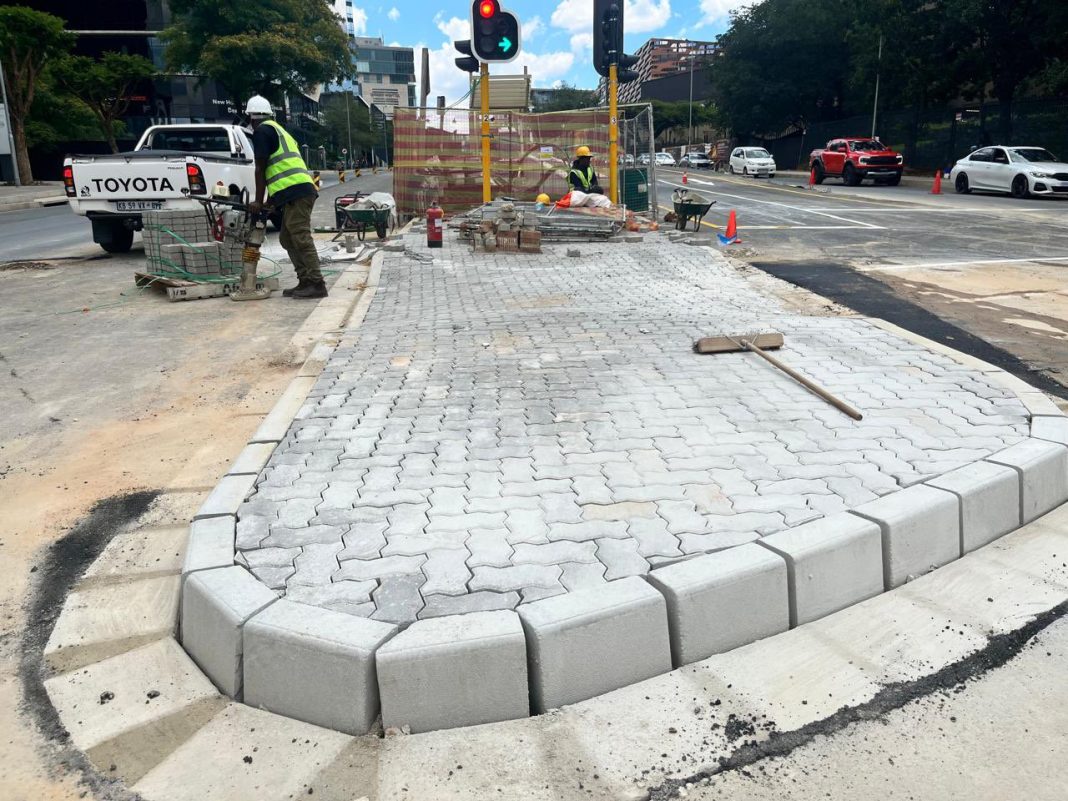By Desirée Erasmus
Johannesburg has just proved an embarrassing point: the city can work, it simply chooses when, and for whom.
In the weeks prior to the G20 Leaders’ Summit, ratepayers were privy to a miracle of extreme municipal competence.
Potholes were filled, flowers planted, streetlights repaired, billboards erected, and a phalanx of workers deployed to scrub away the grime.
Too, security was suddenly not a problem.
Some 3 500 extra police officers were deployed, the army was placed on standby, and carefully controlled protest zones were demarcated so that outrage could be kept at a polite distance.
The message was unmistakable for long-suffering residents. When presidents are watching, the government remembers how to behave like one.
But step a few kilometres away from the G20 bubble and you find persistent power cuts, erratic water supplies, cratered roads and rotting rubbish – or, as one commentator put it, normalised “daily indignities”.
The same government that can manicure verges for visiting leaders somehow cannot keep the lights on in Hillbrow or rubbish off the pavements in Yeoville.
Water is the purest symbol of this contempt.
Johannesburg’s system is well known to be on the brink. Cuts last for days, with not even the Constitutional Court being spared. Tankers – many of them the result of corrupt tenders – are unable to satisfy the thirst for potable water.
When the Auditor-General briefed Parliament last week, the picture was grim. The portfolio committee on water and sanitation was told that, as per media reports, the city indeed owed Joburg Water R4 billion. As yet, none of us knows what it was used for.
President Cyril Ramaphosa himself had to warn Joburg officials in March to fix the city’s “not pleasing environment” ahead of the summit.
And while the AG has previously said that the city avoided the worst audit outcomes, it remains stuck at “unqualified with findings”. That’s a bureaucratic way of saying that serious issues persist, and that leadership has not fixed them.
But if we look at the governed, instead of the government, a different city emerges.
Here, we see residents and civic leaders who patch potholes, clean parks, revive derelict buildings and turn crime-ridden blocks into safer, privately managed areas.
It is the residents of this city, not its councillors, who are holding the line.
And that stubborn hope is perhaps the most South African thing about Johannesburg.
For years, gatvol residents have swallowed above-inflation tariffs for poor services, queued for water tankers, navigated dark intersections and dodged sinkholes, all while still paying their rates and standing in election queues.
They have tolerated a revolving door of mayors – nine in the last 10 years – and coalitions that treat the city as a prize, not a responsibility.
The same patience exists at national level. Voters watched as load-shedding shredded the economy, as commissions of inquiry catalogued corruption, as promises piled up like uncollected rubbish.
But they kept engaging.
They took government to court, formed watchdog groups, organised boycotts and started neighbourhood projects.
When the state is absent but our taxes still disappear, South Africans improvise a republic among themselves.
The real obscenity of the G20 makeover, then, is not the pretty plants or the fresh tar and paving. No, it is the revelation that the government has had the capacity all along.
After the motorcades have gone and the last security cordon is lifted, the question should not be whether Johannesburg can be saved. Its people prove every day that it can be.
The question should be why they must live like backstage staff in their own city, summoned to make everything perfect for visiting dignitaries, then sent back into the dark once the show is over.
Johannesburg does not need new slogans or another high-impact programme. It needs its alleged leaders to show the same fear of their own citizens’ judgement that they show of international embarrassment.
If you can fix the roads for a Saudi prince, you can fix them for a grandmother in Brixton.
If you can guarantee water pressure for a summit, you can do it for a school in Soweto.
Joburg’s residents have been more than patient. So have South Africans. The G20 weekend has stripped away the last excuse.
INSIDE POLITICS

